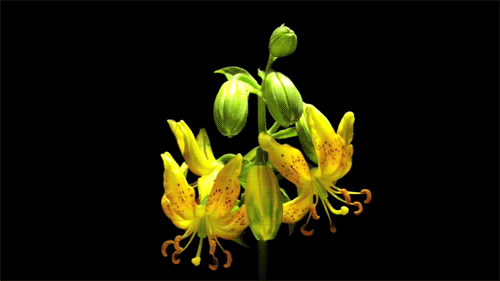Hatred does not end by hatred
“Hatred does not end by hatred. By love alone it is quelled”
A struggle which is ended by force is no victory. Real victory can only be attained by a true change of heart founded on understanding on the part of the aggressor. ~VenerableDr. Sri Dhammananda
“There are three types of people in the world. What three? One who is like carving on a rock, one who is like scratching on the ground and one who is like writing on the water. What sort of person is like carving on the rock? Imagine a certain person who is always getting angry and his anger lasts long, jut as carving on a rock is not soon worn off by wind, water or lapse of time. What sort of person is like scratching on the ground? Imagine a certain person who is always getting angry but his anger does not last long, just as scratching on the ground is soon worn off by wind, water and lapse of time. And what sort of person is like writing on the water? Imagine a certain person who, even though spoken to harshly, sharply, roughly, is easily reconciled and becomes agreeable and friendly, just as writing on the water soon disappears.” ~Buddha, Anguttara Nikaya I/283


















